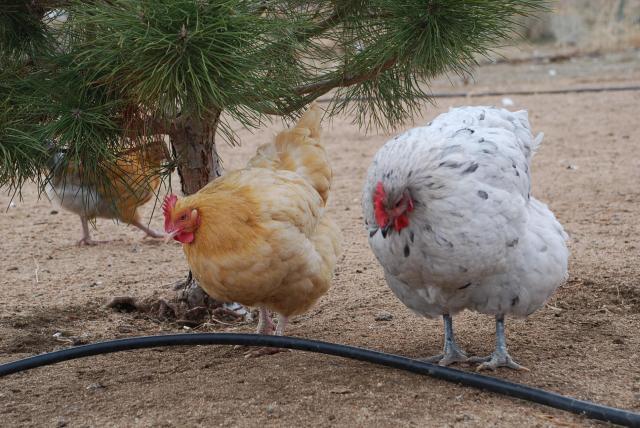I have a few roosters that need to go. My husband is going to do the butchering and cleaning for me which is a relief. Anyways, what I need to know since neither of us have ever done this before after he kills the bird and cleans it and what not, can we cook the bird right away or does the bird need to sit for a few days before we can eat it.
Also, I'd like to know besides the cornish crosses what breed of bird is good for meat eating? We don't want the cornish crosses or the cornishes because they like keel over after 8 weeks. We are willing to raise the chickens until they are 6-8 months old and then butcher them then. So, what breed or breeds is recommended for this?
Thanks
Kim
Also, I'd like to know besides the cornish crosses what breed of bird is good for meat eating? We don't want the cornish crosses or the cornishes because they like keel over after 8 weeks. We are willing to raise the chickens until they are 6-8 months old and then butcher them then. So, what breed or breeds is recommended for this?
Thanks
Kim



